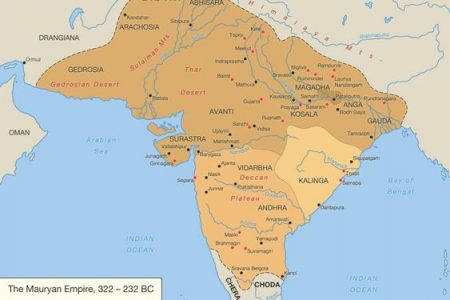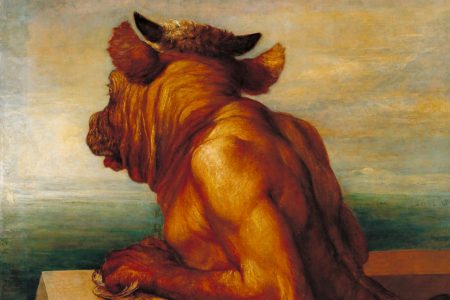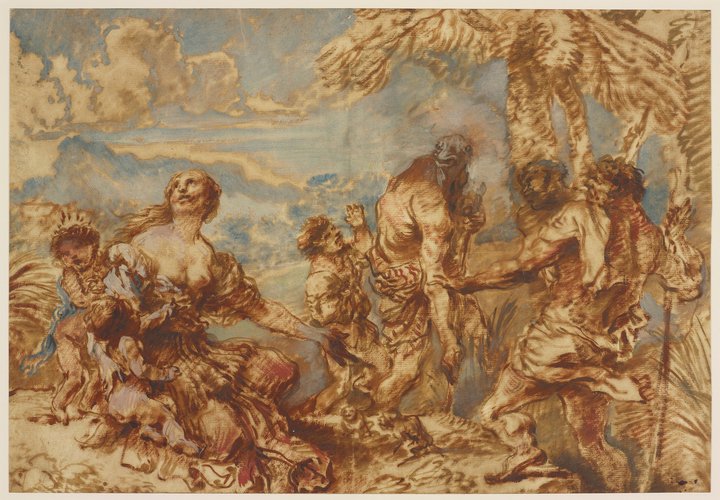To writers like Herodotus and Ctesias, India was on the periphery of the Greek understanding of the inhabited world, drifting the between outright fantasy and the faintest tidbits of reality. Though the invasion of Alexander the Great and the Macedonian army into the Punjab in 327 BC was something of a bloody introduction, it marked …





